Why Your Employees Are Quitting on You

Goldman Sachs relaxed the dress code for its employees, a decision once thought impossible for a Wall Street firm shrouded in suits and wing-tipped Italian leather loafers. An internal memo stated that the change was due to “the changing nature of workplaces in favor of a more casual environment.” Being that 75 percent of Goldman employees are Millennials or Gen Zs – people born after 1981 – this was a smart move. People in these generations are looking for freedom, flexible work arrangements, regular feedback, and more. How do they respond if you don’t deliver?
Many quit.
Yes, they quit. Why? Because people in these generations value culture (defined as how we do things here) more than the job they do each day. The environment that younger employees operate in has a major bearing on whether they will stay or go, engage or disengage. Unlike older generations who value loyalty, rank, and title, younger workers – who will make up 50 percent of the workforce by 2020 – value autonomy, two-way communication, and collaboration. They want to make a difference, be connected to something bigger than themselves, and change the world.
They also quit because they can. You have to live under a rock to not know that it’s an employee’s job market. There is a massive shortage of skilled workers and “Hiring Now” signs dot virtually every street corner. A skilled employee can get another job fast – they don’t need to settle for a crappy dysfunctional workplace culture that does not meet their basic human needs. And they know it.
WHAT CAN I DO? Encourage your leaders to conduct an Engagement Survey to gauge the extent to which your people trust leaders and feel an emotional connection to your brand (the definition of employee engagement). Once you have the survey results, conduct live Focus Groups with employees to dig into the feedback and discover what people are looking for in a work environment, and then make changes accordingly. The final step? Communicate the changes to employees. “You spoke, we listened,” is a powerful message that shows people they have a voice and you are making changes to ensure the environment meets or exceeds their expectations. Need help? I’m a phone call away.

